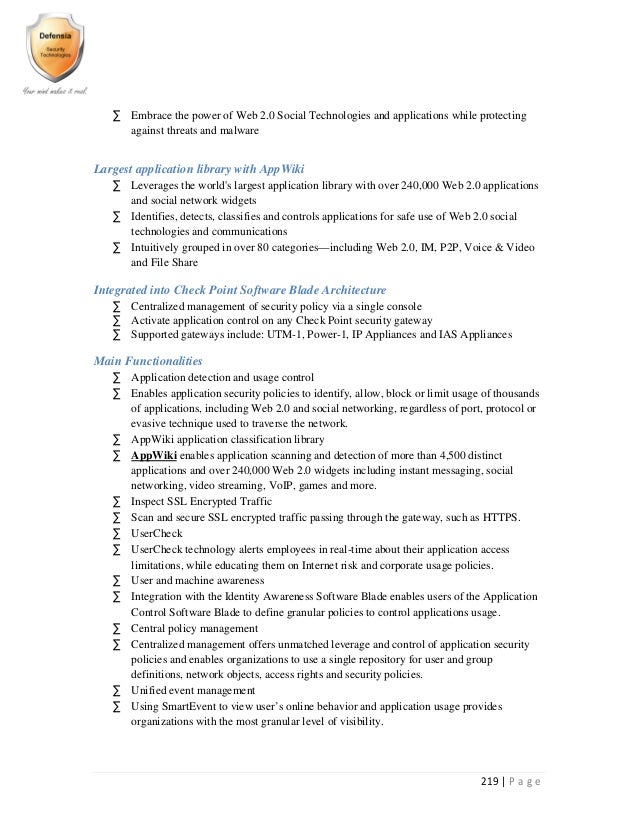Image source: http://image.slidesharecdn.com/implicitandexplicitmessages-120613142041-phpapp02/95/implicit-and-explicit-messages-6-728.jpg?cb=1339597385
A major company proclaims "Employees are our most important asset!" Yet, the same company's culture communicates something much different. It's top-down, command-and-control all the way and employees, like good children, are expected to be seen, not heard.
In cases like these we come face to face with the odd couple of communication: explicit and implicit communication.
Explicit communication refers to the things we say or write, often messages intended to influence the behavior of others. "Do this" and "Don't do that" count as examples of explicit communication. They leave as little room as possible for interpretation or ambiguity.
Implicit communication, on the other hand, refers to the things we do, individually or collectively, usually without regard to the messages others receive. It could be corporate culture or perhaps body language. It might even be a decision not to communicate at all.
Often, we 'give off' these messages rather than send them, but that doesn't reduce their potency. Implicit communication can be just as powerful and effective as explicit communication.
Since such communication is often given off, much depends on the recipient or observer of the message. Each person who gets the message probably has her or his own interpretation, based on the context brought to the message. If you're suspicious of the sender, for example, you may well have a sinister interpretation.
Here's a specific example, one that hits close to home for me. I use a newsletter to promote my book, A Manager's Guide to Newsletters. Should that promotion be explicit or implicit?
This issue of implicit versus explicit communication faces almost all newsletter publishers, all the time. While a blending of editorial and advertising content helps distinguish newsletters from other media, no distinct line distinguishes the two.
And so we draw the lines ourselves, trying to gauge in advance how readers will react to varying proportions. The stakes remain the same: too much of an advertising slant and we chase away our readers, too little and readers don't respond as strongly as we would like.
In summary: Explicit communication refers to specific information conveyed in written or spoken words. On the other hand, implicit communication refers to the messages we 'give off' through our deeds and actions. Explicit communication is intentional, while implicit communication may or may not be intentional.
Applying this idea: We always need to be concerned about the consistency between our words and our actions. Remember that actions do speak as loudly as words, as the old axiom tells us. Newsletter publishers should be especially sensitive to this issue as they determine how explicit they will be in asking for reader responses.

